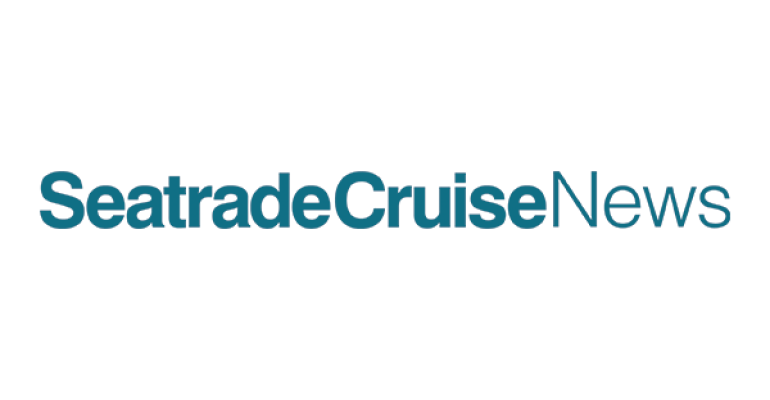This advanced emission control technology will be used in Emission Control Areas surrounding US coasts. The ECAs were developed by the United States and Canada through an agreement with the International Maritime Organization in order to protect human health and the environment by significantly reducing air pollution from ocean-going vessels.
EPA estimates that by 2020 the low sulfur ECA requirements will have prevented as many as 14,000 premature deaths and relieved respiratory symptoms for nearly 5m people in the US and Canada.
Royal Caribbean’s research program has developed scrubber technology that has the potential to provide greater emission reductions than would be achieved using only ECA compliant low-sulfur fuel, and at a much lower cost. As earlier reported, under this research program extension, a total of 19 ships covering a range of vessel sizes and applications will begin using these scrubbers starting in 2015.
These permits provide a temporary relief from the ECA’s fuel sulfur content requirements. This approach will enable Royal Caribbean to meet its emission requirements through scrubbers, rather than with engine and fuel system modifications. EPA said this trial program will also provide valuable information on developing advanced emissions control technologies for other marine engines.
Copyright © 2024. All rights reserved. Seatrade, a trading name of Informa Markets (UK) Limited. Add Seatrade Cruise News to your Google News feed.


